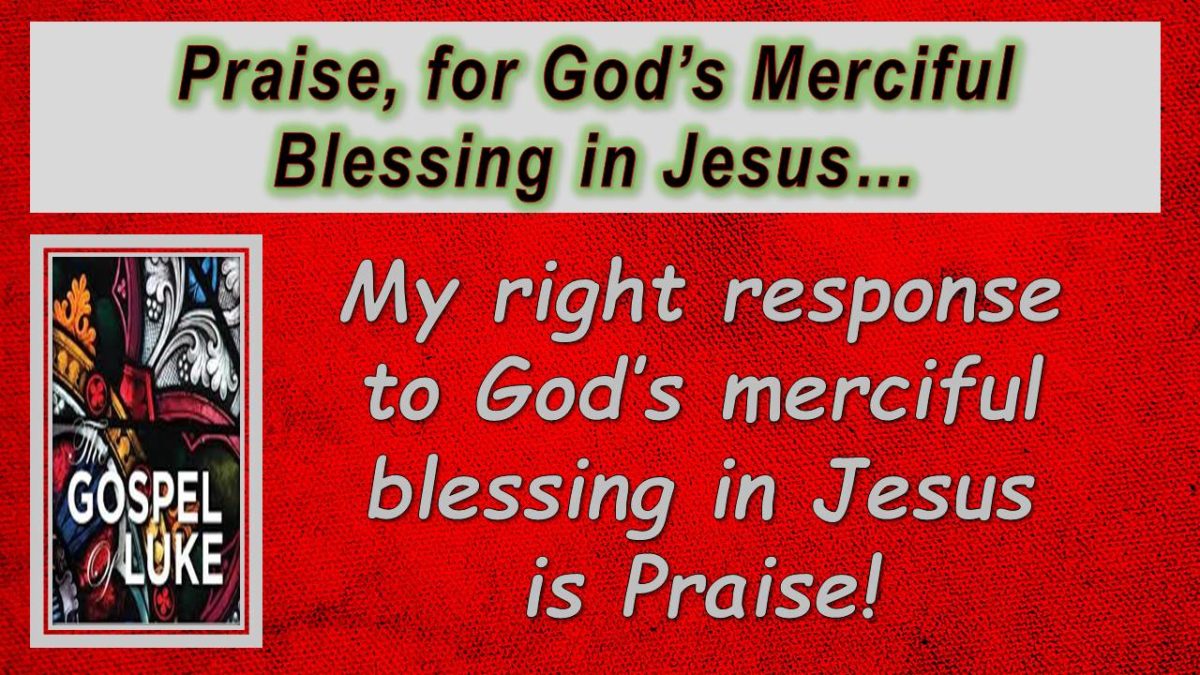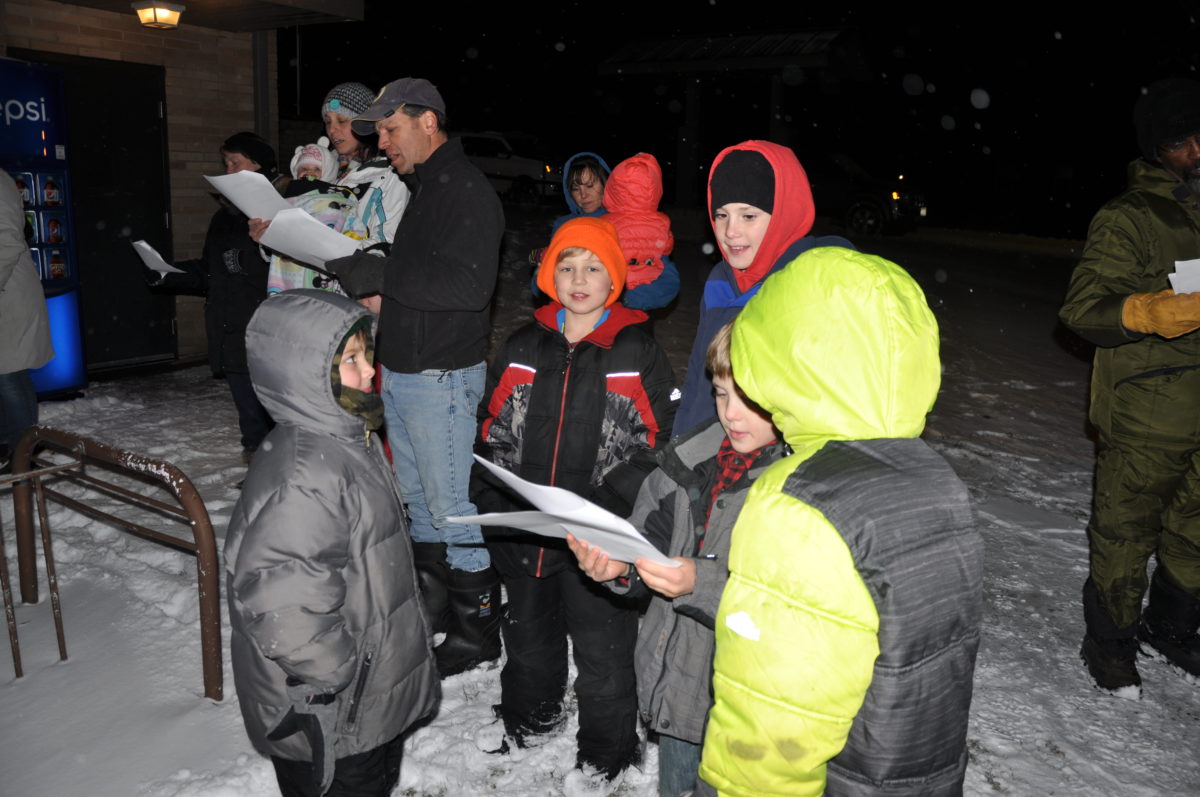We’ve made it to the hinge of the years, once again, haven’t we? Before most of you hear from me again, we’ll be well into the new year.
How do we best move from year to year?
In Luke 2.22-40, we’re transitioning from the birth narratives of John the Baptist and Jesus to Jesus’ childhood and youth. In this passage, Mary and Joseph bring their infant son to the temple for a series of ceremonies involving the redeeming of Jesus as their firstborn son and His dedication to God. The picture of the young family that emerges is one of a poor but pious and devoted Israelite family. Truly, His parents are devoted to God. But, do Jesus’ parents fully understand the degree to which Jesus belongs to God? In light of all they learn about their son through the prophecies of Simeon (:29-35) and Anna (:36-38), including the “sword” that will pierce Mary’s soul, do they fully affirm everything that God will do in Jesus?
It’s a good question for us, as we move from 2018 to 2019. For many, the year we’re closing down and putting to bed included some “pierced souls.” Hard things. Even so, we have to affirm that God grew us, didn’t He? He was sufficient. Likewise, the incoming year will doubtless include some (let’s not mince words) really bad things. But, as He always does, Jesus will serve as a “light for revelation” to all peoples (:32); He will be about the “rising and falling of many” (:34); He will reveal the “thoughts from many hearts” (:35), so that motives and intentions of individuals will be brought into the open.
One year from now (if Jesus hasn’t come for us), who will be those who, in the spirit of Simeon, depart this new year in peace? (:29). It will be those who, like Simeon and Anna, have devoted themselves to God through His work in Jesus. It will be those who don’t confuse the trappings of success or prosperity or comfort for God and the salvation He offers us in Jesus.
That’s really good news, no matter what the incoming year holds.
We move best from one year to the next when we affirm our devotion to God through His work in Jesus.
Let’s give thanks to God for all that the closing year has included, by His grace. Let’s trust Him for the year ahead, because of Jesus.
What did this past year hold for you? What are some of the hard things you endured, by faith? How did God grow you? What difference did the work of God in Jesus make as you grew?
Now, how does Jesus as “light for revelation” to all peoples give you confidence as you enter the new year?
See you next year …(:





